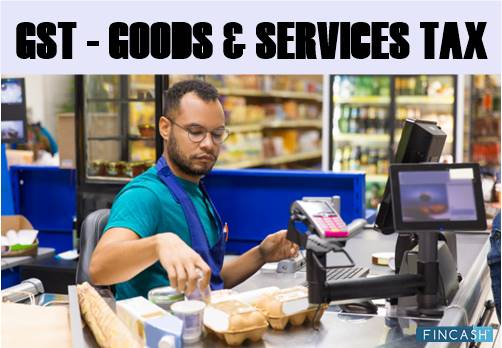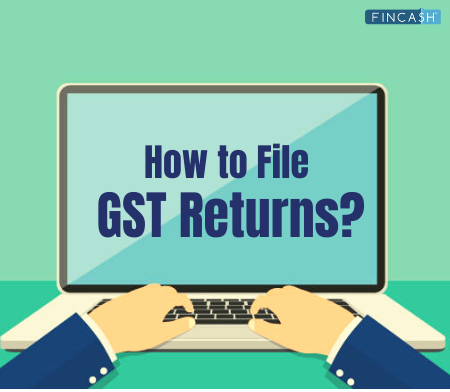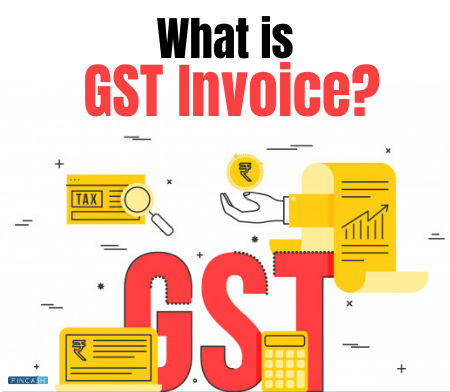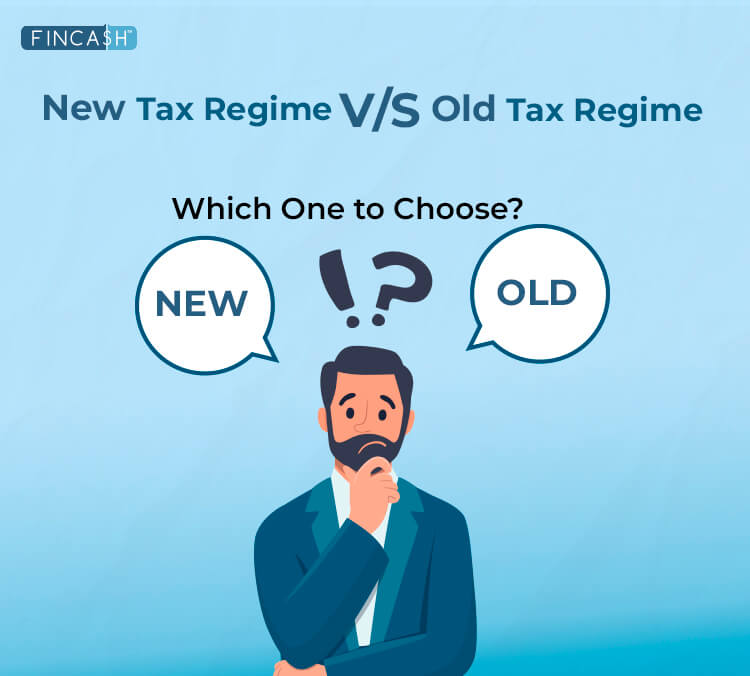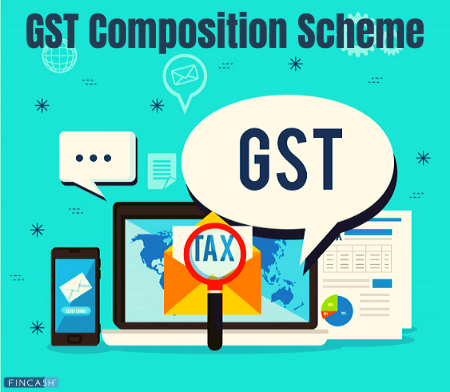
Table of Contents
What is Good and Service Tax (GST)?
The good and services tax, commonly known as GST, is a kind of tax imposed on sale, Manufacturing and usage of goods and services. GST is one indirect tax for the whole nation. GST is applied on services and goods at a national level with a purpose of achieving overall Economic Growth. In this system, Taxes paid at each stage will be credited in the subsequent stage of value addition.
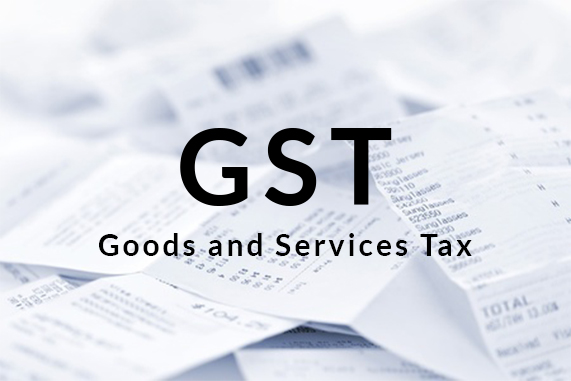
GST is a new form of tax that seeks to replace all central and state taxes and levies such as value added tax, excise duty, countervailing duty, octroi, service tax, entry tax and luxury tax.
GST implementation is expected to aid the overall growth of the Economy and add a couple of percentage points to India’s GDP growth rates. Tax compliance is expected to become simpler, thereby giving an impetus to more and more businesses coming into the formal tax net.
How is GST Applied?
GST is a consumption based tax/levy. It is based on the Destination principle. GST is applied to goods and services at the place where final or actual consumption happens. GST is collected on the value-added goods and services at every stage of the sale or purchase in the supply chain.
GST paid on the procurement of goods and services can be set off against that payable on the supply of goods or services. The manufacturer /wholesaler/retailer will pay the applicable GST rate but will claim back through tax credit mechanism.
But being the last person in the supply chain, the end consumer has to bear this tax and so, in many respects, GST is like a last-point retail tax. GST is going to be collected at the point of sale.
GST Threshold Limit
Entities with an annual turnover of up to INR 20 lakh (INR 10 lakh for special category states such as north eastern states) are exempt from GST.
Advantages of GST
For Consumers
- Payment of the single and transparent tax
- Reduction of burden of the tax payers
For Manufacturers and Traders
- Uniformity in tax rates and structure
- Removal of cascading or compounding effect of tax
- Easy compliance
- Move towards development of a common national Market
- Enhance the competitiveness
For Central and State government
- Simple and easy administration
- Improved compliance and revenue collections
- Better revenue effectiveness
Talk to our investment specialist
List of Taxes that GST will Likely Replace
- Service Tax
- Central Excise Duty
- Cesses and surcharges related to supply of goods or services
- Excise Duties on medicinal and toilet preparations
- Additional Excise Duties on textiles and textile products
- Additional Excise Duties on goods of special importance
- CVD (Additional Customs Duties)
- SAD (Special Additional Duty of Customs)
Taxes that Could Absorbed into GST Regime
- Central Sales Tax
- State VAT
- Purchase Tax
- Entry Tax
- Luxury Tax
- Entertainment Tax (not levied by local bodies)
- Taxes on advertisements
- State cesses and surcharges
- Taxes on lotteries, betting and gambling
All efforts have been made to ensure the information provided here is accurate. However, no guarantees are made regarding correctness of data. Please verify with scheme information document before making any investment.
